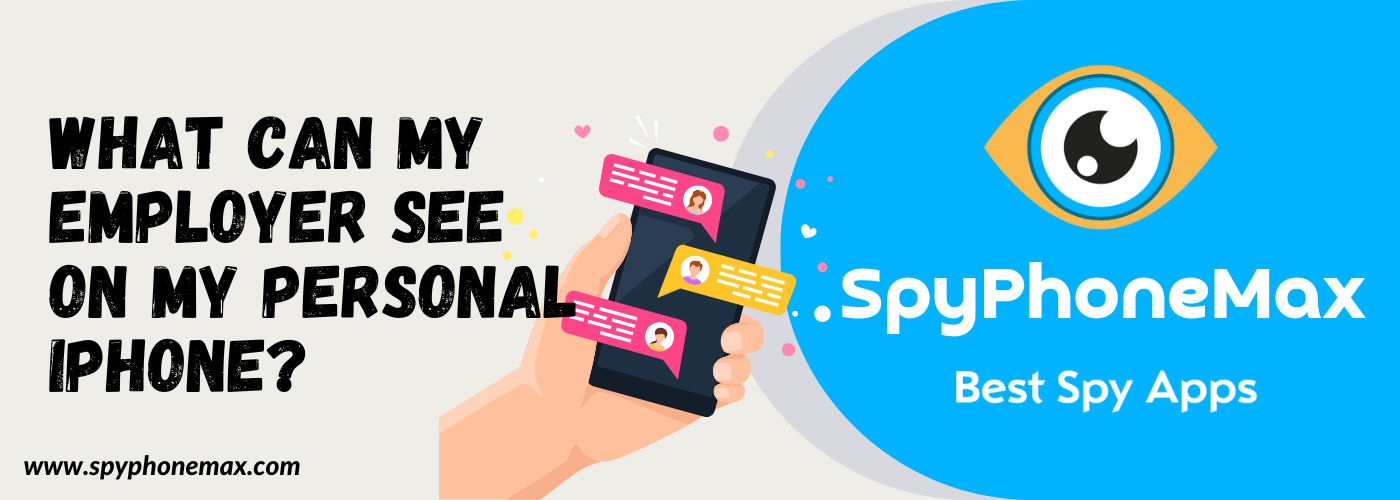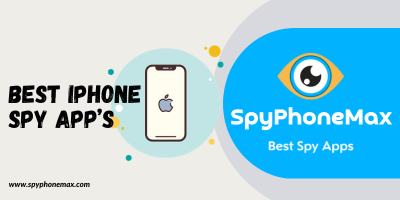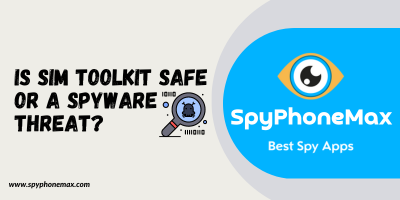Today our smartphones have become an integral part of our lives, seamlessly bridging our personal and professional worlds. Many of us find ourselves frequently using our personal phones for work-related tasks. This burgeoning trend, while convenient, sparks an intriguing and somewhat worrisome question: Can an employer monitor your personal phone? 🕵️♂️
If you’ve found yourself pondering this question, then this article is for you. Dive in as I unravel the intricate tapestry of workplace privacy rights and employer boundaries.
Dive into the complexities of employer surveillance on personal phones, understanding the potential extents of monitoring and methods to safeguard privacy.
✅ Employers generally can’t monitor personal phones unless specific agreements or conditions are met.
✅ Consent given through signed agreements allows employers to legally monitor personal phones.
✅ Company-provided apps on a personal device may grant employers certain monitoring rights.
✅ Under suspicions like time theft or unauthorized data access, employers can inspect personal phones.
✅ Employers typically require consent to track a personal phone’s location, but company apps can blur this line.
✅ Using company WiFi or having an employer-installed monitoring app can allow access to phone browsing history.
✅ For privacy, use personal data for browsing, disable location services, avoid work apps on personal phones, and consider having separate phones for work.
We live in a world where the lines between our personal and professional lives are increasingly getting blurred. With the convenience that smartphones offer, it’s no wonder that many employees use their personal devices for work. But here’s the catch: While it’s an employer’s prerogative to track their employees during work hours, there’s a line they cannot cross—intervening in an employee’s personal life. However, the extent to which they can monitor your personal device isn’t black and white.
So, Can My Employer Actually Monitor My Personal Phone? 📞
The answer isn’t as straightforward as one might hope. In a general sense, it’s illegal for employers to snoop on their employee’s personal phones. However, there are nuances and exceptions to consider:
- Signed Agreements: If an employee has willingly signed an agreement that explicitly allows the employer to monitor their personal phone, then legally, they’ve given consent. 📄
- Company-Provided Apps: Using office apps or services on your personal phone? Beware! This could potentially give your employer the right to monitor your device. 📲
- Suspicion of Misconduct: If employers suspect foul play, like time theft or the unauthorized access of company data, they might be within their rights to inspect an employee’s personal phone. ⏳💼
Always remember, the key lies in understanding the specifics of your situation and the legal framework of your country or state.
Can Your Employer Track Your Personal Phone Location? 📍
While our personal devices offer the comfort of on-the-go connectivity, we can’t help but wonder about the extent to which our digital footprints are being monitored. Particularly, how much can our employers access or monitor from our personal phones?
Can They Pinpoint Your Location? 🌍
In a general sense, employers can’t just track the location of an employee’s personal phone without obtaining their consent. However, the world of workplace monitoring isn’t entirely devoid of gray areas.
For instance, if you’ve incorporated company-provided apps or tools on your personal phone, the lines get a tad blurrier. Employers might have the ability to track you. But be warned: they should be informing you in advance about this. If they aren’t, it veers into illegal territory.
What About Your Browser History? 🌐
Ever Googled something on your phone and wondered, “Can my boss see this?” If your personal phone has a tracking or monitoring app installed by your employer, then they can indeed see your browsing history. It’s common for companies to monitor internet usage to ensure productivity.
An intriguing caveat: even without a dedicated tracking software, your employer can access your phone’s browsing history if you’re connected to the company’s WiFi. The safeguard? Stick to your personal data for browsing, especially at work. Keeping your internet activity private becomes a breeze when you steer clear of company WiFi.
Just What Can Your Employer See? 👁️
So, given the potential tools at their disposal, what might employers be privy to on your personal phone?
- Work Emails: Emails related to work, especially if synced.
- Browsing History: Especially if using company WiFi or their apps.
- App Usage: How often and which apps you access.
- Location: Particularly if monitoring software is installed.
- Social Media Messages: If tracking software is comprehensive, it might also capture this data.
How to Shield Yourself from Prying Eyes 👤🛡️
Suspecting Big Brother might be watching? Here’s how you can reclaim your privacy:
- Evade Company WiFi: Use your personal data plan for internet access on your phone.
- Go Off the Radar: Disable location services when not in use.
- Ditch Work Apps: Keep work-related apps off your personal phone. They might be gateways for unwarranted access.
- Two Phones, No Trouble: If feasible, keep a separate phone exclusively for work. This division guarantees a strict separation of personal and professional domains.
Protecting Your Digital Privacy 🛡️
If you’re someone who values their digital privacy (and let’s be honest, who doesn’t?), here are some golden rules to live by:
- Avoid Work-Related Tasks: As much as possible, try not to use your personal phone for work. This can safeguard you from unintentional consent. 🚫
- Be Wary of Office Apps: Think twice before downloading any office-provided app on your personal phone. These apps could be a gateway for monitoring. 🚪
- Read Agreements Carefully: When presented with any work-related documents or contracts, be sure to read and understand them, especially clauses related to personal devices. 👓
Wrapping Up: Can A Company Snoop on Your Personal Phone? 📲
At the end of the day, while an employer might have justifications to monitor work-related activities, they shouldn’t be spying on personal devices or activities without explicit consent. Legal boundaries exist for a reason.
The ultimate pro tip? Be savvy and judicious with your device usage. Know your rights, and if you ever suspect unwarranted surveillance, don’t hesitate to address it, or even seek legal counsel.




